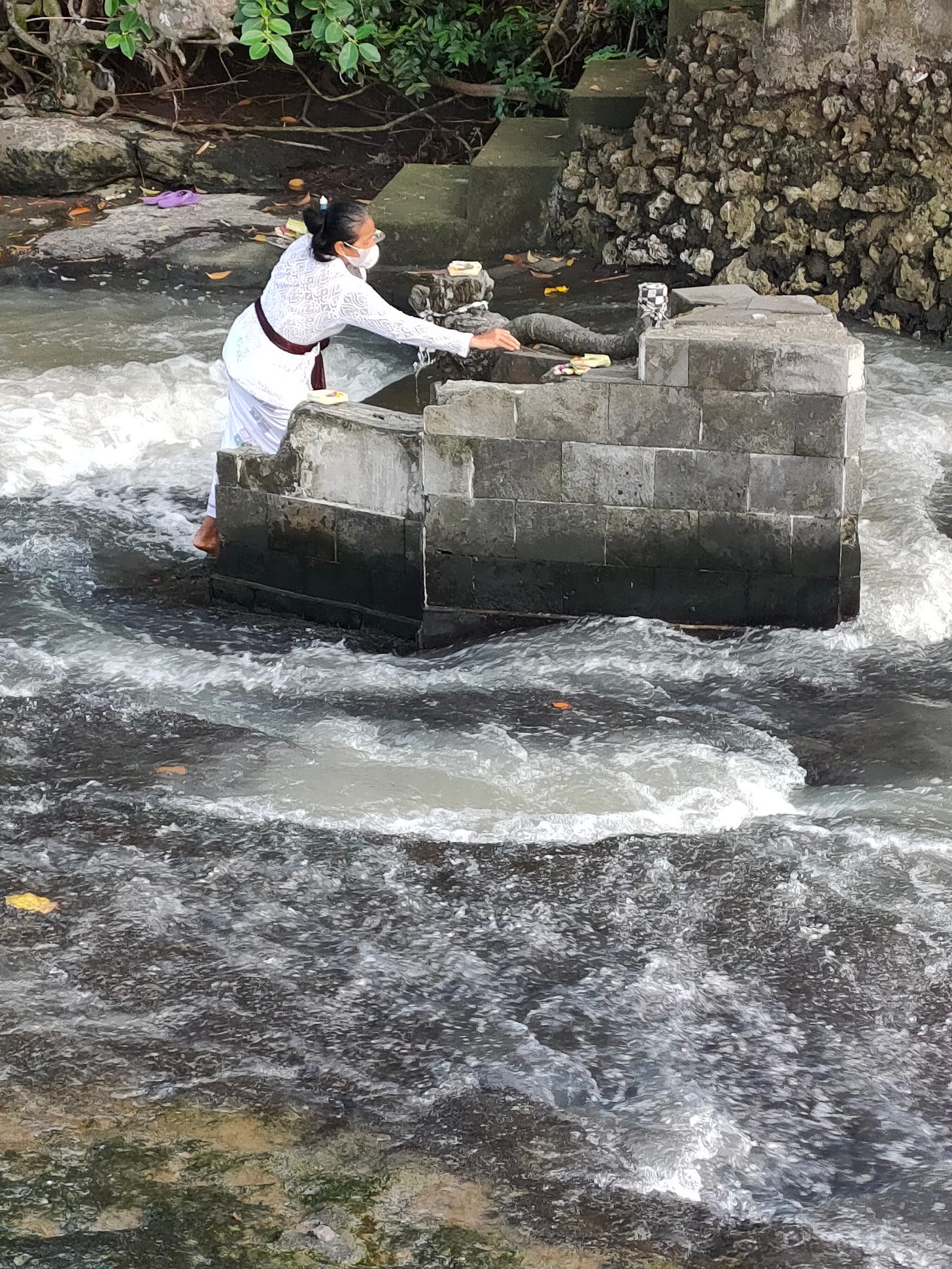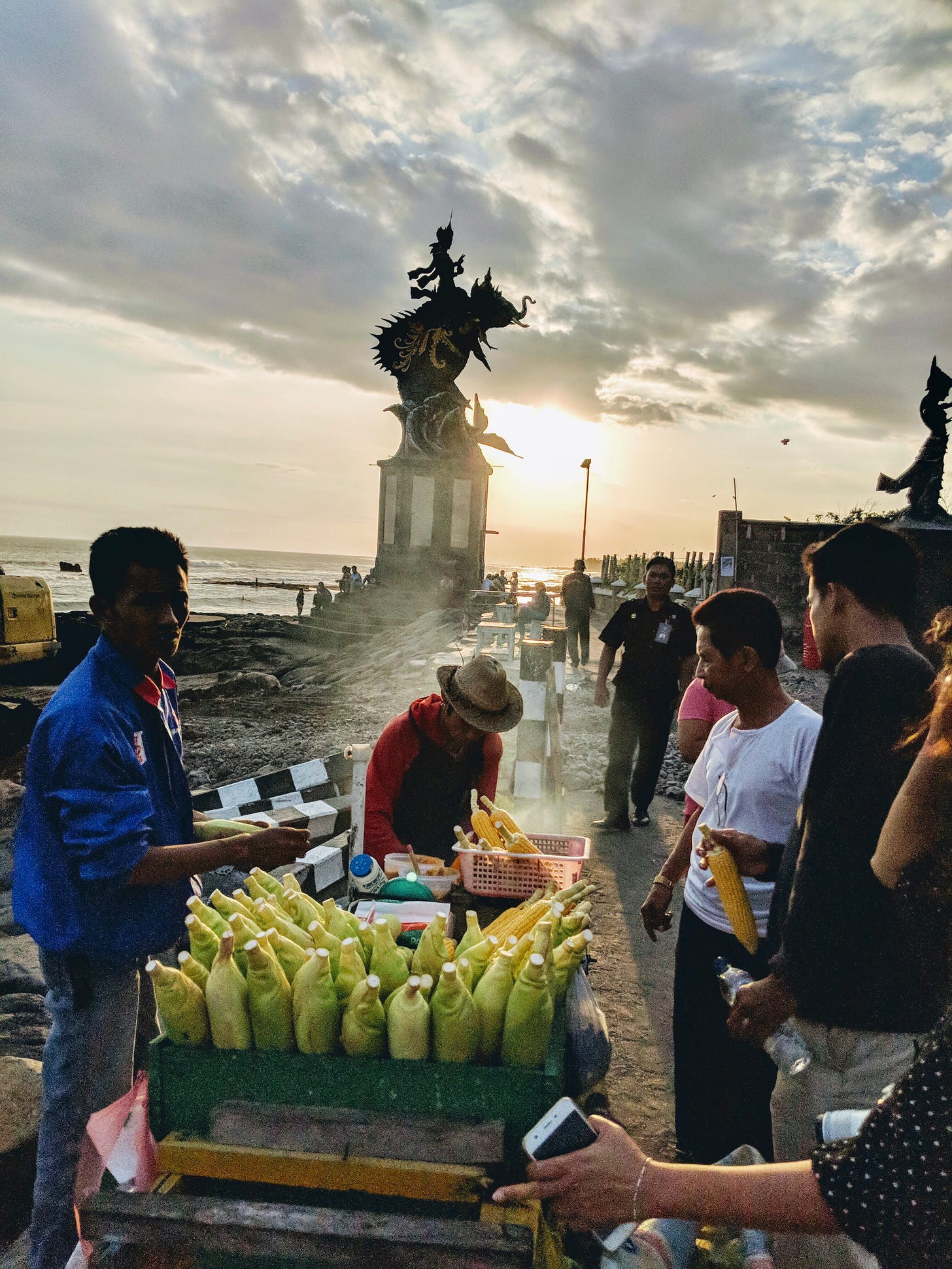This old proverb, the grass is always greener on the other side of the fence, is worth pondering over.
The proverb can be traced as far back as the poetry of Publius Ovidius Naso, better known as Ovid (43 BC – 17 AD), who wrote, "Fertilior seges est alenis semper in agris (the harvest is always more fruitful in another man's fields)."
In essence the proverb is about the precariousness of comparing your situation to someone else's. Maybe just maybe your grass isn't quite green enough.
But remember the map is not the territory. Between the map and the territory is a subjective mind. How you see the color of the grass is a function of a variety of things. Objective reality isn't one of them.
When we think about the proverb in financial terms we can perhaps tackle it from another perspective.
If you take the proposition of financial independence seriously, then in that context the grass will never be greener somewhere else.
Another way of looking at it is since no one can have more than 100% free time (which is the primary bonus of financial independence), the grass is always the same color everywhere.
The big question is how do you achieve financial independence? I know of only two ways: make way more money than you spend. Or, minimize your expenses to the point where, even without a substantial income, you consistently stay ahead of your monthly recurring expenses.
My approach has been the latter one. How did I do it?
It started out of necessity, as my little family of three (wife, son and I) needed to move to a town where our son wanted to go to high school. We had to get a local address so we rented an apartment plus two 25 ft storage units. (We moved from a large house.)
Then, not long after that, during my divorce, I took far less than 50% of the furnishings. Even so I had too much stuff, but it all did fit into a 2 bedroom apartment.
A year later I left the San Francisco Bay Area, moving two more times, and with each move I shed more things.
Finally, after deciding to move to Bali from my base in Washington state, I had a $4,000 shipping bill to send my stuff overseas.
What then? I hemmed and hawed and then decided an estate sale was in order. Off I went to Bali with two large pieces of luggage and a daypack.
Four years later, do I miss my stuff? Not really. I did love a couple of paintings and a few special pieces of furniture. But before I moved abroad I created a box of memories for my son that my ex is holding, until he gets a more permanent place of his own.
The point of all this discussion of STUFF is that too much stuff can turn your grass brown, as what once was bought out of love or desire or both has transformed into an overflowing garage.
Moving to a country where life is not defined by material possessions makes it easy to live simply. If you are currently not in that situation it may be hard to imagine it.
Start by thinking about people needing to hand-wash their clothes often, if not every day, because they don't have too much in the way of spare clothes. Never mind a washing machine.
There are multitudes that just squeeze by, barely, and by twisting and turning hard enough they even find occasional joy.
A beat-up old scooter ride to the beach on a day off, eating a bowl of soup or grilled corn for $.50 while watching the sunset. Holding hands with your loved one.
People get by.
If you are lucky enough to be born into a life where you received a good education and made a decent living, the truth is the green grass is abundant right under your feet.
It might be a matter of rearranging priorities to turn your birth lottery ticket into financial independence. But what seems like an insurmountable challenge (of letting go) can be broken down, step by step.
Or.
Throw up your hands and have an estate sale!
Later,
Neill







Thanks Neill, always look forward to your emails and have recently listened to your podcast .
Shannon